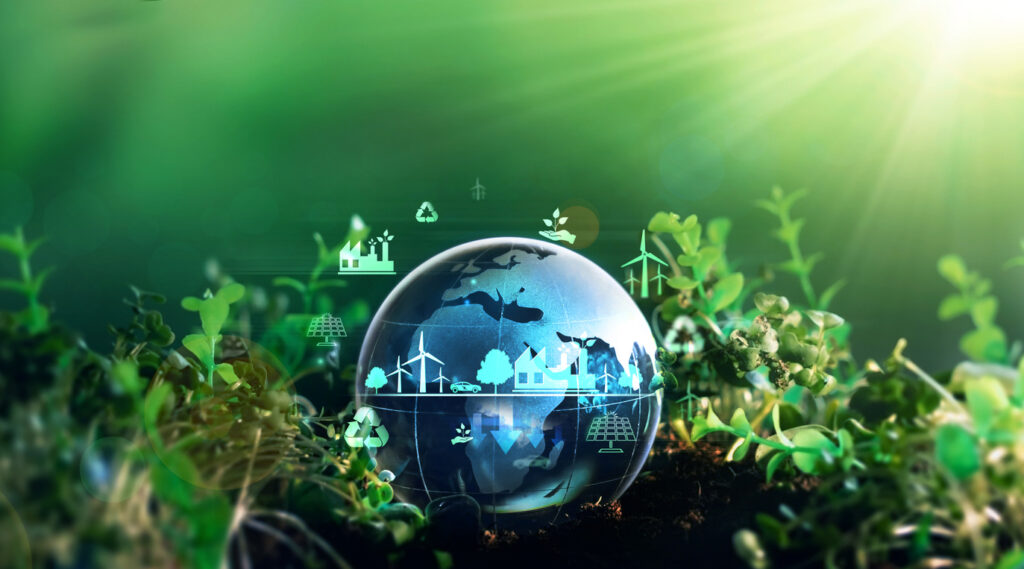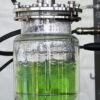
How pesticides impact human health and ecosystems in Europe
The extensive use of chemical pesticides in European agriculture is crucial for maintaining crop yields but poses significant risks to human health and ecosystems. Between 2011 and 2020, pesticide sales in the EU-27 averaged around 350,000 tonnes annually. This heavy reliance on pesticides contaminates water, soil, and air, contributing to biodiversity loss and pest resistance. Human exposure to these chemicals is associated with chronic diseases such as cancer, cardiovascular, respiratory, and neurological conditions. A large biomonitoring study revealed that 84% of participants across five European countries had at least two pesticides in their bodies, with children showing higher levels than adults.
Efforts to reduce pesticide use are highlighted in the European Green Deal's farm to fork strategy, aiming for a 50% reduction in chemical pesticides and promoting organic farming on 25% of agricultural land by 2030. However, achieving these targets demands significant changes, including a shift to agroecological practices. Data on pesticide use at the EU level is currently lacking but will be mandatory from 2028. In the meantime, pesticide sales data show stable figures with some countries experiencing increases, notably Germany and France, which are among the top agricultural producers.
Pesticide pollution significantly affects biodiversity, especially insect populations, essential for food production. In 2020, pesticides were found above concern thresholds in 22% of monitoring sites in European rivers and lakes. The political and economic landscape also influences pesticide use, with climate change altering pest distributions and the war in Ukraine affecting costs, although policy measures are deemed more crucial than price changes. Furthermore, pesticides banned in the EU are still exported, posing risks through imported food and feed.
The push for sustainable pesticide use involves transnational advocacy campaigns and policy commitments under the European Green Deal. The European Commission has proposed revising the directive on sustainable pesticide use, supported by financial incentives under the new common agricultural policy. Indicators show a 14% reduction in pesticide use and risk by 2020, but these metrics face criticism for methodological flaws.
The EU's regulatory framework for pesticides involves rigorous approval processes, but limitations in testing methods and post-marketing surveillance can delay recognition of adverse effects. Emergency authorisations for non-approved substances further complicate regulation. In 2020, over 13,000 tonnes of such substances were sold in the EU, with repeated approvals of harmful pesticides like neonicotinoids, although recent legal rulings may curb this practice.
Environmental monitoring remains vital for detecting pesticide contamination. Data from 2020 shows that pesticides exceeded safety thresholds at significant percentages of surface and groundwater sites across Europe, underscoring the need for ongoing vigilance and improved regulatory measures to protect human health and ecosystems from pesticide impacts.
Read the original article here.
Document Details and Download
- Biodiversity Loss
- Clean Energy and Sustainability
- Energy and Environment
- Human Health Impact
- Pesticides
- Regulation and Policy






How pesticides impact human health and ecosystems in Europe 0 reviews
Login to Write Your ReviewThere are no reviews yet.